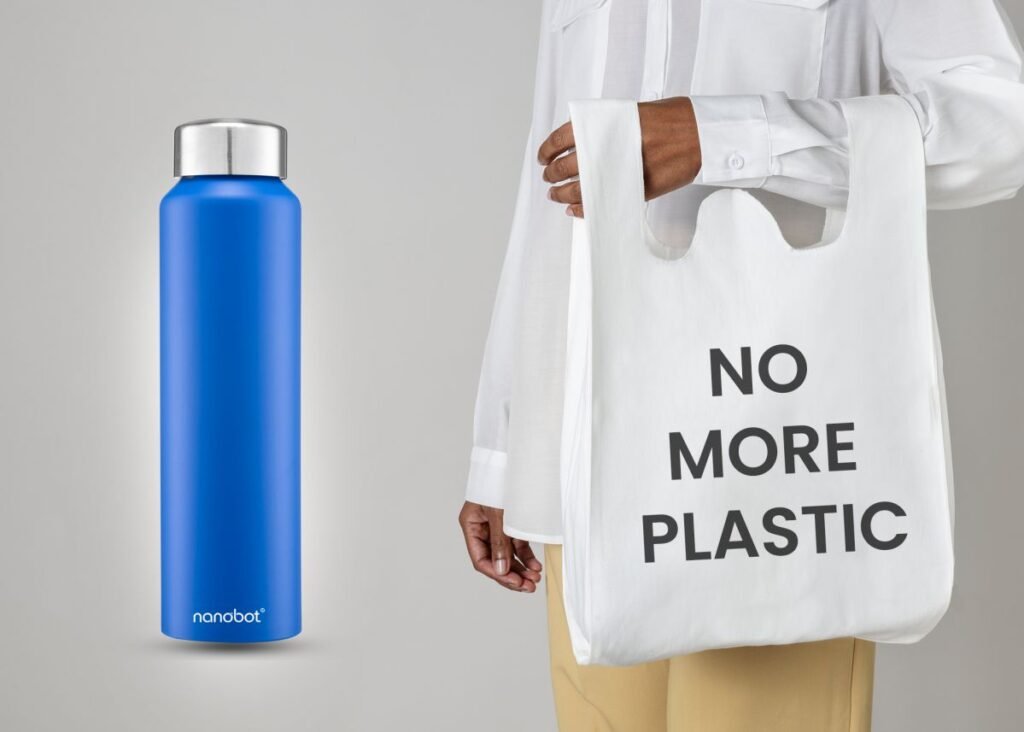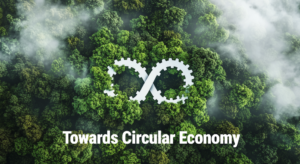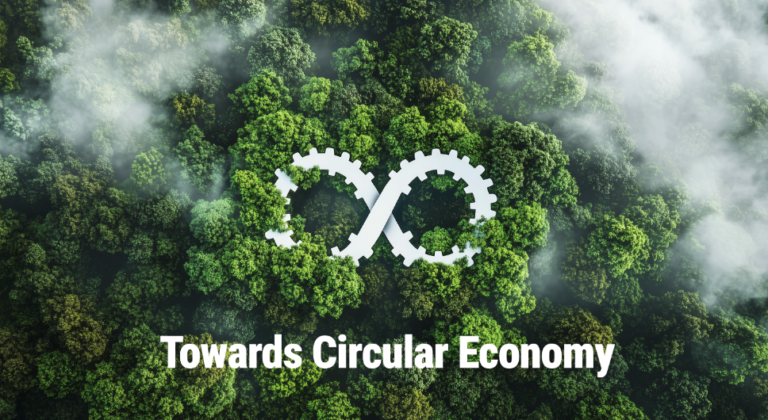
Plastics have been a part of our daily lives for over a century. It has become one of the most versatile and ubiquitous materials on the planet. However, the use of plastics has a significant impact on societies worldwide. This blog aims to explore the various ways in which the use of plastics affects societies.
Know How Does the Use of Plastics Affect Societies:
- Health risks
One of the most significant impacts of plastic use on societies is the potential health risks associated with it. Many plastics contain harmful chemicals, such as Bisphenol A (BPA) and phthalates, which can leach into the products we consume. These chemicals is linked to various health problems, including hormonal imbalances, reproductive problems, and even cancer.
- Environmental pollution
Plastics are non-biodegradable, which means they can remain in the environment for hundreds of years. The use of plastics has led to environmental pollution, as plastics find their way into our oceans, rivers, and forests. This pollution harms wildlife, marine life, disrupts ecosystems and affects human health. Plastic pollution has become a global crisis, with over 8 million tons of plastic waste entering the ocean every year.
- Economic impact
The use of plastics has also had an economic impact on societies. The production and disposal of plastics require significant resources and energy, which can lead to increased costs for businesses and consumers. In addition, the environmental damage caused by plastic pollution can result in significant economic losses, such as reduced tourism and damage to the fishing industry.

- Social inequality
The impact of plastic use is not evenly distributed across societies. In many developing countries, waste management systems are inadequate, and plastic waste often ends up in informal landfills or in the environment. This can have significant health and environmental impacts on the local peoples. Moreover, the global plastic waste trade has also resulted in social inequality, as developed countries export their plastic waste to developing countries, which often lack the resources to manage it properly.
- Political impact
The use of plastics has also a political impact on societies. The plastic industry is a powerful lobby, and it has influenced government policies and regulations. This has led to a lack of regulation and oversight, which has allowed the industry to continue producing and promoting plastics without significant consequences. However, as public awareness of the impact of plastic use grows, there is increasing pressure on governments to act.
In conclusion,
The use of plastics has a significant impact on societies worldwide. From health risks to environmental pollution, economic impacts to social inequality, and political influence, the impact of plastic use is pervasive. However, as individuals, we can take steps to reduce our plastic use, such as using reusable bags and reusable water bottles, recycling, and supporting legislation that promotes sustainable practices. By working together, we can reduce the impact of plastic use and create a more sustainable future for generations to come.




















